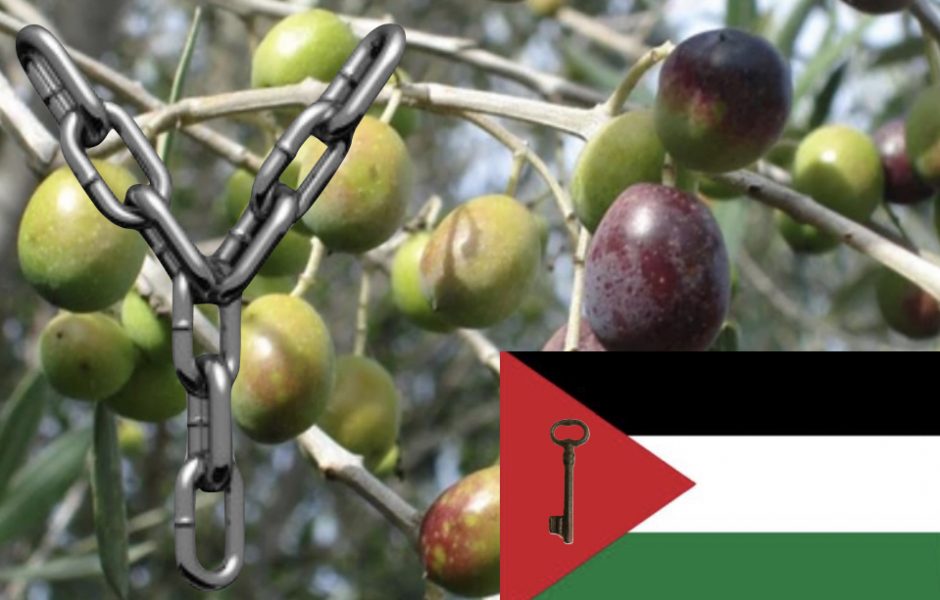Guardian staff.
Thu 22 Feb 2024 17.58 GMT
Intel report says some accusations that aid workers participated in Hamas attacks credible but could not be independently verified
A US intelligence assessment of Israel’s claims that UN aid agency staff members participated in the Hamas attack on 7 October said some of the accusations were credible, though could not be independently verified, while also casting doubt on claims of wider links to militant groups.
The assault precipitated a full-scale invasion by Israel of Gaza that has killed upwards of 30,000 Palestinians. Earlier this year, Israel accused 12 employees of the United Nations Reliefs and Works Agency (UNRWA) of participating in the 7 October attacks alongside Hamas. It also said 10% of all UNRWA workers were affiliated with Hamas.
The bombshell accusation led several countries, including the US, to cut off funding for the agency, which was a crucial vehicle for getting aid to Gaza in what has widely been described as a humanitarian crisis.
According to the Wall Street Journal, the intelligence report, released last week, assessed with “low confidence” that a handful of staff had participated in the attack, indicating that it considered the accusations to be credible though it could not independently confirm their veracity.
It cast doubt, however, on accusations that the UN agency was collaborating with Hamas in a wider way. The Journal said the report mentioned that although the UNRWA does coordinate with Hamas in order to deliver aid and operate in the region, there was a lack of evidence to suggest it partnered with the group.
It added that Israel has not “shared the raw intelligence behind its assessments with the US”.
In addition, the report notes Israel’s dislike towards the UNRWA, two sources familiar with it told the Journal. “There is a specific section that mentions how Israeli bias serves to mischaracterize much of their assessments on UNRWA and says this has resulted in distortions,” one source reportedly said.
The four-page report by the National Intelligence Council was circulated across US government officials last week, the Journal reported. Established in 1979, the NIC comprises senior and veteran intelligence analysts who work alongside US policymakers on American policy.
Antony Blinken, the secretary of state, said in January that Israel’s accusations were “highly, highly credible”. Nine of the staff accused were sacked by the head of agency, who said he followed “reverse due process” in doing so. Philippe Lazzarini, the commissioner general of the UNRWA, told a press conference in Jerusalem earlier in February that he had not investigated the evidence before the firing.
“I could have suspended them, but I have fired them. And now I have an investigation, and if the investigation tells us that this was wrong, in that case at the UN we will take a decision on how to properly compensate [them],” he said.
On Wednesday, Lazzarini told Haaretz that the agency was asking Israel to “fully cooperate to provide the evidence to the investigation team”.
Pointing to Israel’s claims that about 10% of the UNRWA’s workers are affiliated with Hamas, Lazzarini told the outlet: “I read in the newspapers about 190 or 1,200 [employees] we have not been notified [about] … We do not have this information, we do not know where this information is coming [from], we do not know if it is an estimate. We do not know if it is just speculation.”
With around 2 million Palestinians forcibly displaced by Israel’s attacks on Gaza since 7 October, the majority of survivors have been seeking refuge in Rafah. As Palestinians grapple with severe shortages of food, water, fuel and medical aid, the UN has warned of a looming public health disaster.
“We have completely geared from what I would [call] the traditional public-like services provided to the Palestinian refugees and a human development type of activities to an emergency type of response which is primarily lifesaving – how to help people find a shelter,” Lazzarini told Haaretz.
“We’re trying to keep our primary health care system afloat as much as possible in order that people do not overcrowd the hospitals that are overflowing with what I would call primary war surgery.”
Meanwhile, a separate UN report released on Monday by a group of UN experts expressed alarm over “credible allegations” of Palestinian women and girls being subjected to “multiple forms of sexual assault … by male Israeli army officers”.
The allegations include rape and detention of Palestinian women in cages, in addition to “photos of female detainees in degrading circumstances … reportedly taken by the Israeli army and uploaded online”.
“We remind the government of Israel of its obligation to uphold the right to life, safety, health, and dignity of Palestinian women and girls and to ensure that no one is subjected to violence, torture, ill-treatment or degrading treatment, including sexual violence,” the UN experts said.





